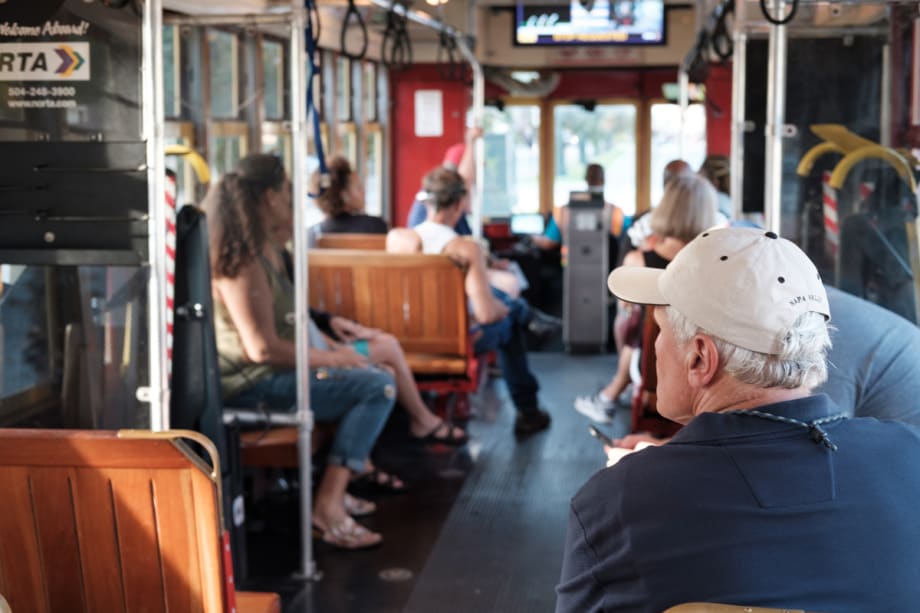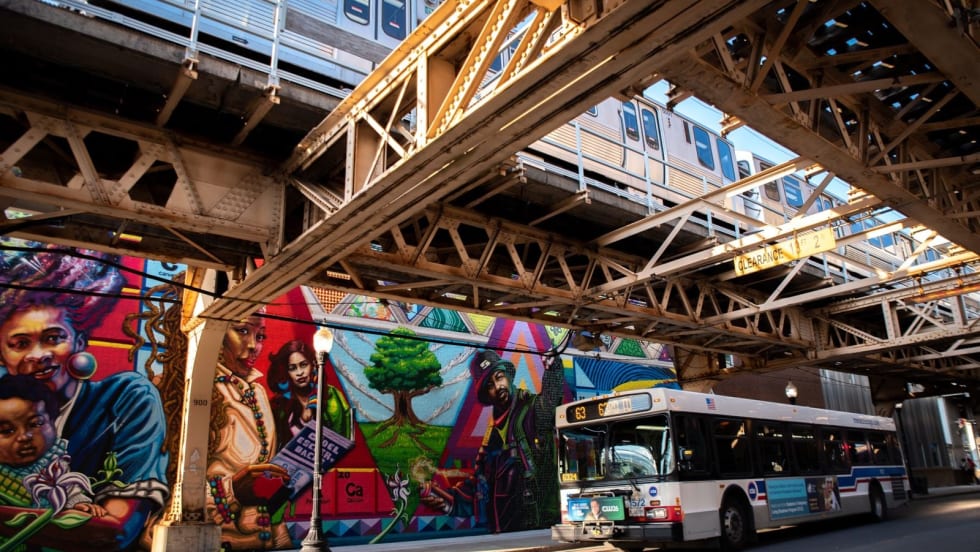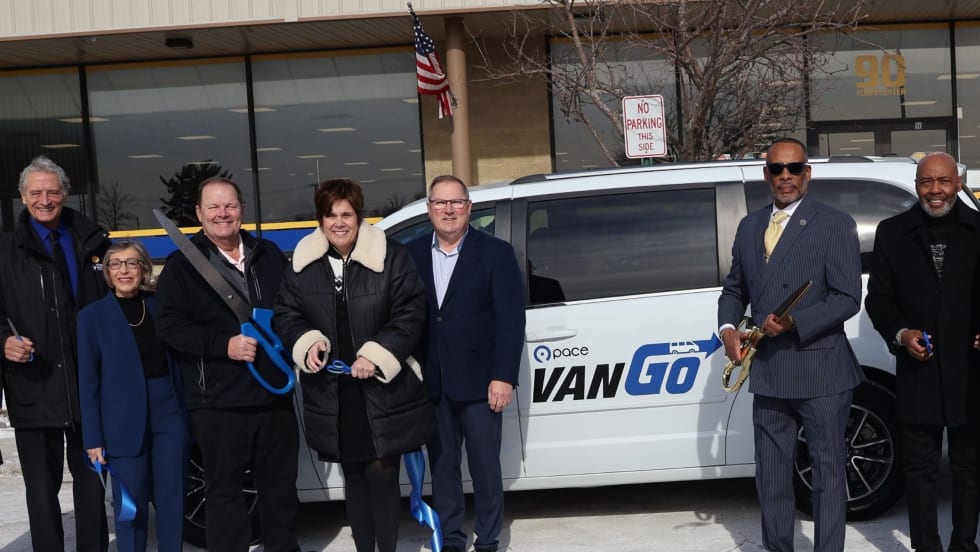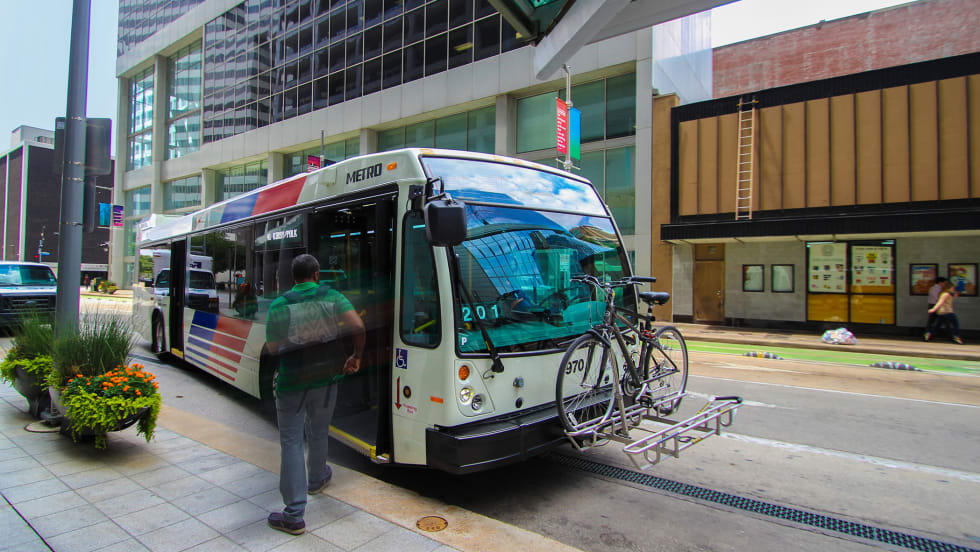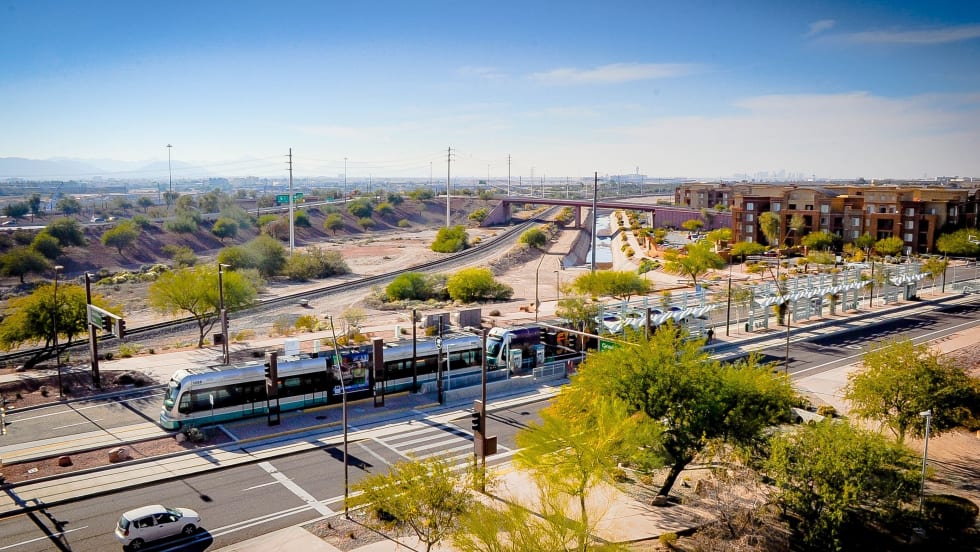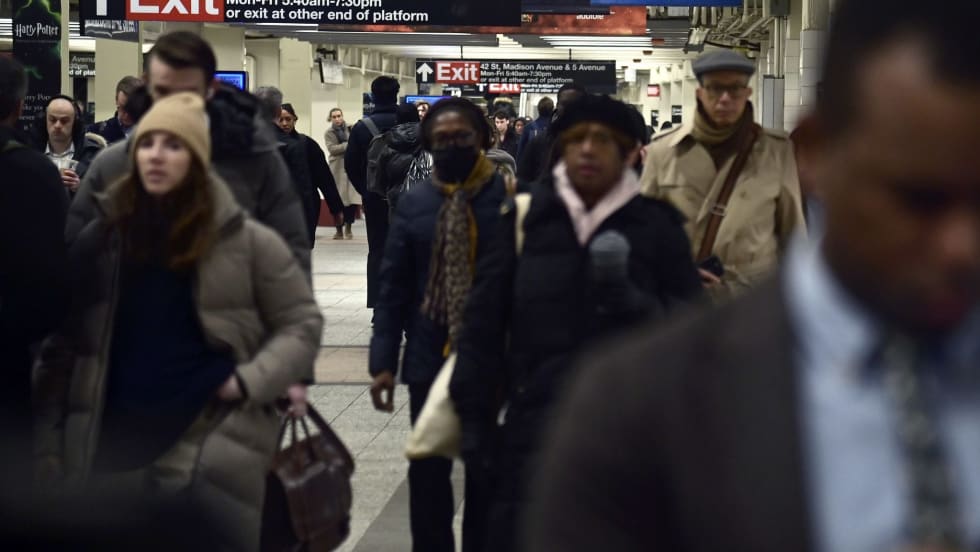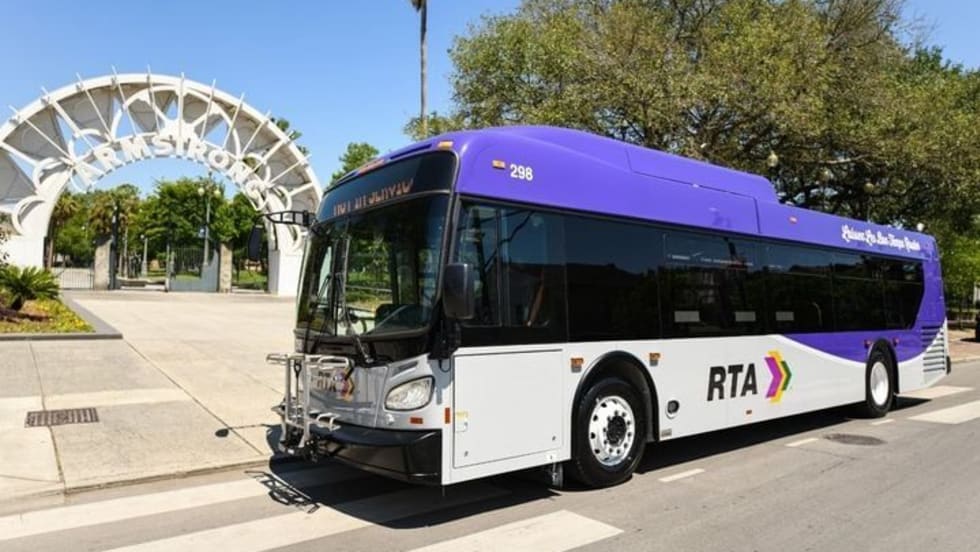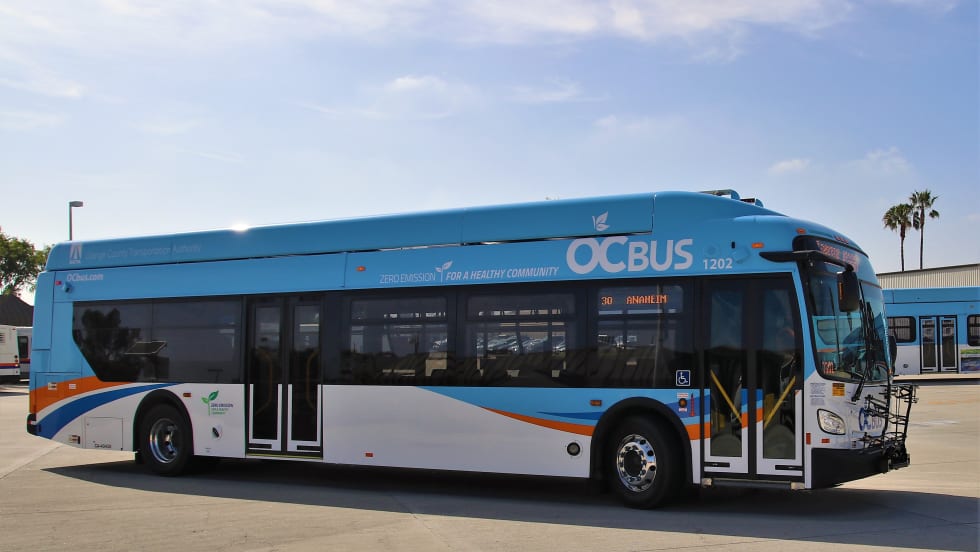The PTV Group released the results from its latest survey "PTV Public Transport Trends Report 2022."
PTV surveyed over 700 professionals — from public transport operators and new mobility providers to the public sector officials — to answer some of the most pressing questions of the industry.
Main challenges: Service quality & punctuality
The pandemic took its toll on public transportation, as 78% of respondents still see returning passenger numbers to pre-pandemic levels as an important issue, according to the survey. However, the results of the PTV survey point out the most acute challenges being in improving quality of service (88%), as well as punctuality (80%), coverage, and accessibility (80%). A majority of 75% also rated decarbonization (e-busses, renewable energy, etc.) among the main challenges of the industry.
According to respondents, mobility hubs — where numerous sustainable transport modes are located - are among the strategies to enhance urban mobility. However, the PTV study showed that such concepts have so far only been implemented to a limited extent. Just 19% of respondents said their organization is already active in this area.
When it comes to sharing services, one-third of respondents said they already integrated shared services into their offering. More than 50% of the participants said they would consider transforming from pure public transport operations into more holistic mobility service providers, according to PTV.
What makes people switch to public transport?
Shifting people from private cars to public transport is an important step towards a green change in mobility, according to PTV. According to the surveyed public transport experts, the most important incentives are better accessibility (95%), more frequent service and on-demand services (95%), and integration with other mobility services (87%). In contrast, cheaper ticket prices only play a smaller role. Just 26% of participants considered price reductions to be the decisive argument for more people to use public transportation.
Effects of technological developments
Every mode of public transit involves technology and is supported and influenced by digital means. More than half of those surveyed say that electrification and decarbonization technologies will influence their business in the next five to 10 years. Also mentioned are apps, for example for planning and booking trips (36%); and artificial intelligence in the area of data analysis and operational planning (31%).
The PTV survey also showed that connected and autonomous vehicles are increasingly relevant to the industry — 40% of respondents are of this opinion, and 20% already work on related projects.
PTV also asked the participants how they use tech to tackle challenges in their daily work: More than half use software for demand & supply planning, and 43% for network planning & optimization.
“There is huge potential for cities to become more livable and sustainable by extending public transport, converting it to electric vehicles, and integrating it with other modes into a multimodal, demand-responsive system”, explained Arnd Vogel, a modelling expert at PTV Group. “Transportation planning based on modeling tools and data helps cities and operators to take the right decisions in this process, regarding fleets, hubs, regulations and operations.




